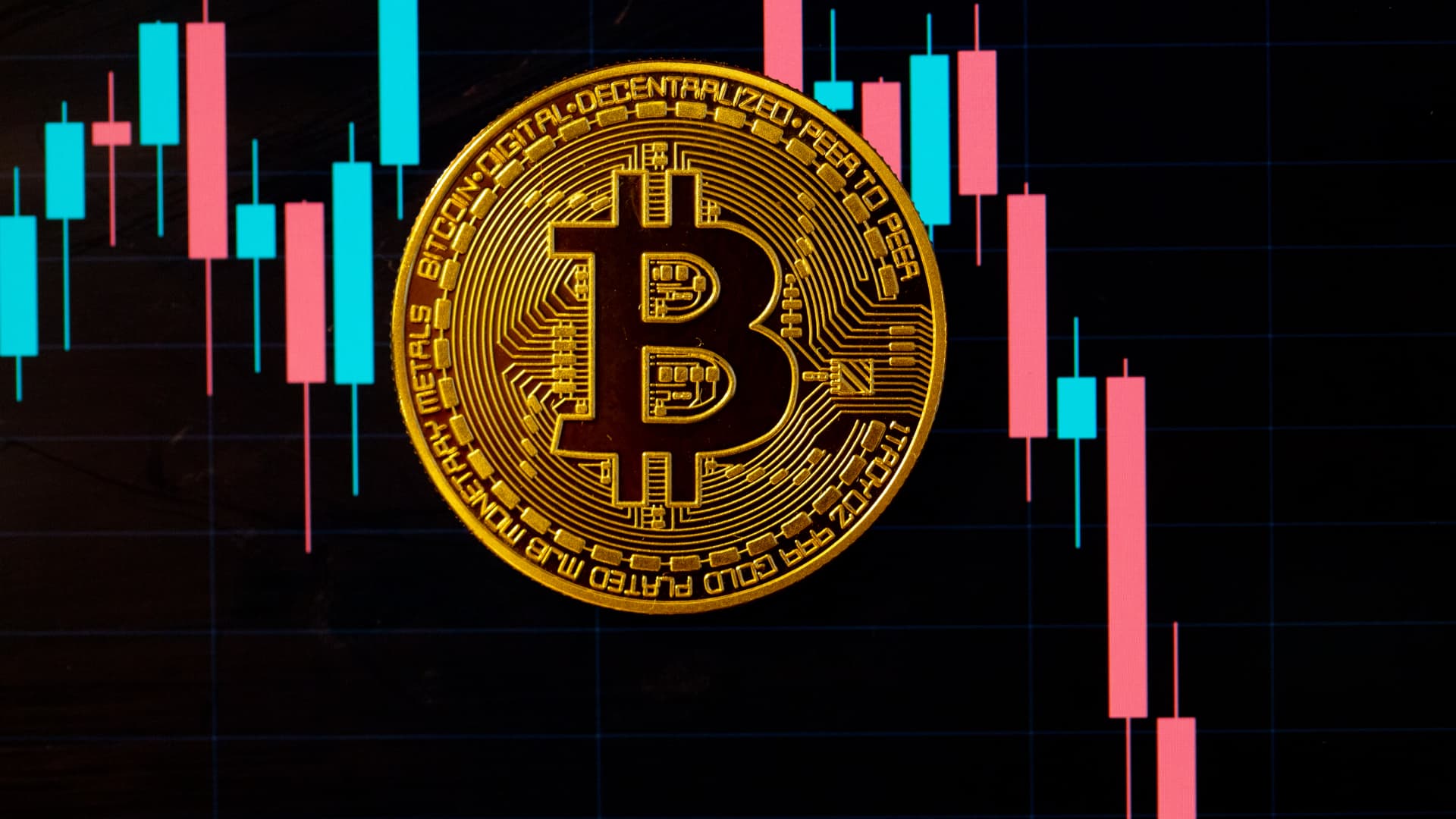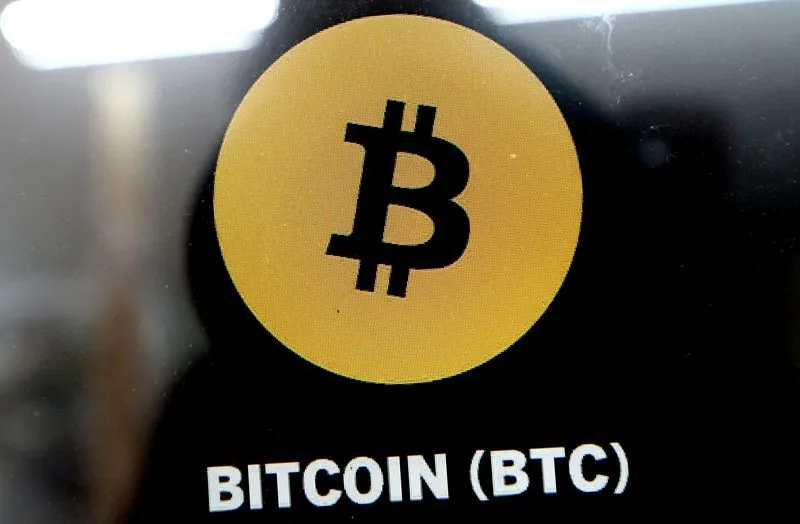
Tether’s Value Decline Raises Major Questions in the Crypto Market
Tether’s Value Decline: The cryptocurrency market, known for its volatility and rapid fluctuations, has been thrown into disarray by a surprising turn of events: a significant decline in Tether’s value. As one of the most prominent stablecoins, Tether (USDT) is designed to maintain a 1:1 peg with the US dollar, providing a stable medium of exchange in the unpredictable crypto ecosystem. Price of SOL Keeps Rising: Could It Reach $1,000? The recent devaluation has, therefore, raised concerns among investors, regulators, and industry experts alike.
What Is Tether, and Why Does It Matter?
Tether is a stablecoin backed by reserves that include cash, equivalents, and other assets. It has become a cornerstone of the cryptocurrency market due to its ability to provide liquidity and a semblance of stability amidst the otherwise tumultuous market dynamics. Traders frequently use Tether to hedge against market volatility or to facilitate transactions between different cryptocurrencies.
Given its critical role, even a slight deviation from its dollar peg can cause ripple effects throughout the market. The recent decline in Tether’s value has been anything but slight, sparking widespread alarm.
Causes Behind the Decline
While the exact reasons for Tether’s devaluation are still under investigation, several potential factors have been identified:
- Liquidity Concerns: Reports of reduced liquidity in Tether’s reserves have fueled speculation about its ability to maintain the 1:1 peg.
- Regulatory Scrutiny: Increased regulatory pressure and calls for transparency in stablecoin reserves have heightened uncertainty around Tether’s backing.
- Market Sentiment: A wave of negative sentiment following controversies around Tether’s parent company, Tether Limited, may have triggered panic selling.
- Broader Crypto Market Volatility: A general downturn in the cryptocurrency market could have exacerbated the situation, putting additional pressure on Tether’s value.
Implications for the Crypto Market
 The implications of Tether’s value decline are profound. As the most widely used stablecoin, Tether serves as a critical link between fiat currencies and cryptocurrencies. Its instability could undermine trust in stablecoins as a whole, leading to:
The implications of Tether’s value decline are profound. As the most widely used stablecoin, Tether serves as a critical link between fiat currencies and cryptocurrencies. Its instability could undermine trust in stablecoins as a whole, leading to:
- Market Volatility: Increased uncertainty may cause heightened volatility across major cryptocurrencies like Bitcoin and Ethereum.
- Liquidity Crises: Exchanges and trading platforms that rely on Tether for liquidity may face operational challenges.
- Regulatory Crackdowns: The incident could prompt regulators to impose stricter oversight on stablecoins, potentially stifling innovation in the space.
- Investor Confidence: A loss of confidence in Tether could spill over into other cryptocurrencies, creating a cascading effect throughout the market.
What’s Next for Tether?
To address the growing concerns, Tether Limited must take decisive action to restore confidence. Key steps could include:
- Enhanced Transparency: Regular audits and clear reporting of reserve assets could alleviate doubts about Tether’s backing.
- Strengthened Reserves: Increasing reserve assets to provide greater liquidity and stability might reassure investors.
- Engaging Regulators: Proactively working with regulators to comply with emerging guidelines could mitigate future risks.
Conclusion
The decline in Tether’s value has exposed vulnerabilities in the stablecoin market, underscoring the need for greater transparency, stronger regulatory frameworks, and robust risk management strategies. As the crypto industry continues to evolve, the lessons learned from this incident will likely shape the future of stablecoins and their role in the financial ecosystem. Investors and industry participants will be closely watching how Tether Limited and the broader market respond to this crisis. The outcome could redefine not only Tether’s standing but also the stability of the cryptocurrency market as a whole.
[sp_easyaccordion id=”5532″]







